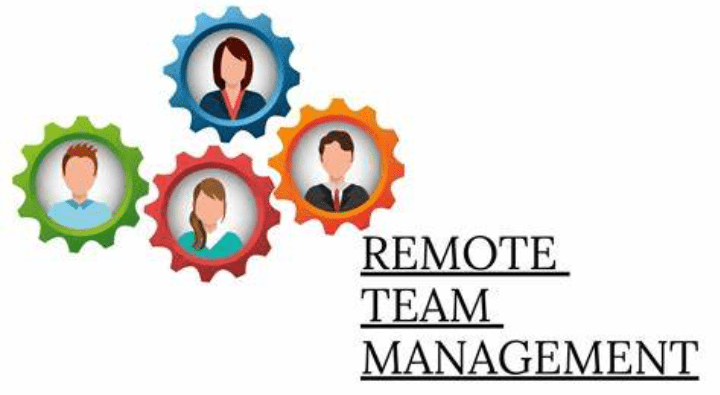
Effective Strategies for Remote Team Management
Introduction
Technology advances and changing employee choices have accelerated the evolution of remote team. It is now more than simply a fad; it is a key component of contemporary workplace culture. With this transition comes the urgent need for skilled remote team management.
Establishing Clear Communication Channels
In the realm of remote team management, the cornerstone is clear communication. The selection of suitable communication tools, the establishment of norms and expectations, and the regular cadence of updates and check-ins constitute the bedrock of this facet.
Setting Clear Goals and Expectations
Remote teams thrive when they have a well-defined sense of purpose. Here, the focus is on defining both individual and team goals, elucidating performance expectations, and employing SMART goals for enhanced clarity and precision.
Building Trust and Rapport
Trust is the adhesive that binds remote teams together. To foster this, leaders must create an environment that fosters a sense of belonging, encourages transparent and honest communication, and acknowledges and celebrates achievements.
Providing the Right Tools and Resources
In the virtual realm, tools and resources are the lifeblood of productivity. This section centers on equipping remote teams with the necessary technology, offering comprehensive training and support, and ensuring unfettered access to relevant information and resources.
Promoting Accountability and Autonomy
Empowerment and accountability go hand in hand in remote team management. Empowering team members to take ownership of their tasks, instituting regular progress updates, and striking a balance between autonomy and oversight are key elements.
Managing Performance and Productivity
Performance in remote teams demands precise metrics, swift resolution of challenges, and the provision of constructive feedback and coaching. This section delves into these critical components.
Balancing Flexibility and Work-Life Balance
As remote work blurs the lines between professional and personal life, establishing clear boundaries is paramount. This involves delineating work from personal life, advocating flexible work hours, and prioritizing the mental and emotional well-being of team members.
Effective Team Collaboration
Collaboration lies at the heart of remote work success. Facilitating virtual meetings and brainstorming sessions, encouraging cross-functional collaboration, and using collaboration tools effectively are central to this theme.
Resolving Conflicts and Challenges
Conflict resolution is an essential skill in remote team management. Addressing communication misunderstandings, navigating time zone differences, and adeptly handling disagreements and conflicts are explored in this section.
Continuous Improvement and Adaptation
Remote team management is a dynamic process. It necessitates soliciting feedback from team members, rigorously evaluating the efficacy of strategies, and demonstrating an agile capacity to adapt to the ever-evolving landscape of remote work.
Conclusion
In conclusion, successful remote team management is essential in today’s competitive workplace. Organizations may maximize the effectiveness of remote teams by using the tactics described here, assuring productivity, engagement, and a competitive advantage in the fast-paced business world of today. Well-run remote teams are the way of the future of work, not merely a convenience.





Okay
Okay
Hi
Babbbb
Awesome
Okay
This information is vital
We need this knowledge to avert disaster.
Alright
Nice 👍
That’s good
Good one
Fantastic
Awesome
Nice
Wow
Awesome
Hmmm
Good
Tech is the way to go
Okay
Good
Lol
I love educative articles
Nice
Hmm
Good
Nice
Awesome
Fill
Great one
Nice
Good
Correct 👊
Great
Good
Fine
Neat job
Nice one
One touch
Cool
Good
Effective info
Good
Very okay
Great
Good
Good
Wow
Good
Great 👍👍
Alrt
Thanks
Nice
Nice one
Amazing
Good
Nice
This world is nice
Awesome
How does it work
Nice information
Great
Alright
Fantastic
Yeah
Great
Good
Fantastic
Yeah
Good
Nice
Oh nice
Yes
Y
Nice information
Great performance
Nice
Good
Effective information
So cool
Lovely 😍
Interesting
Great